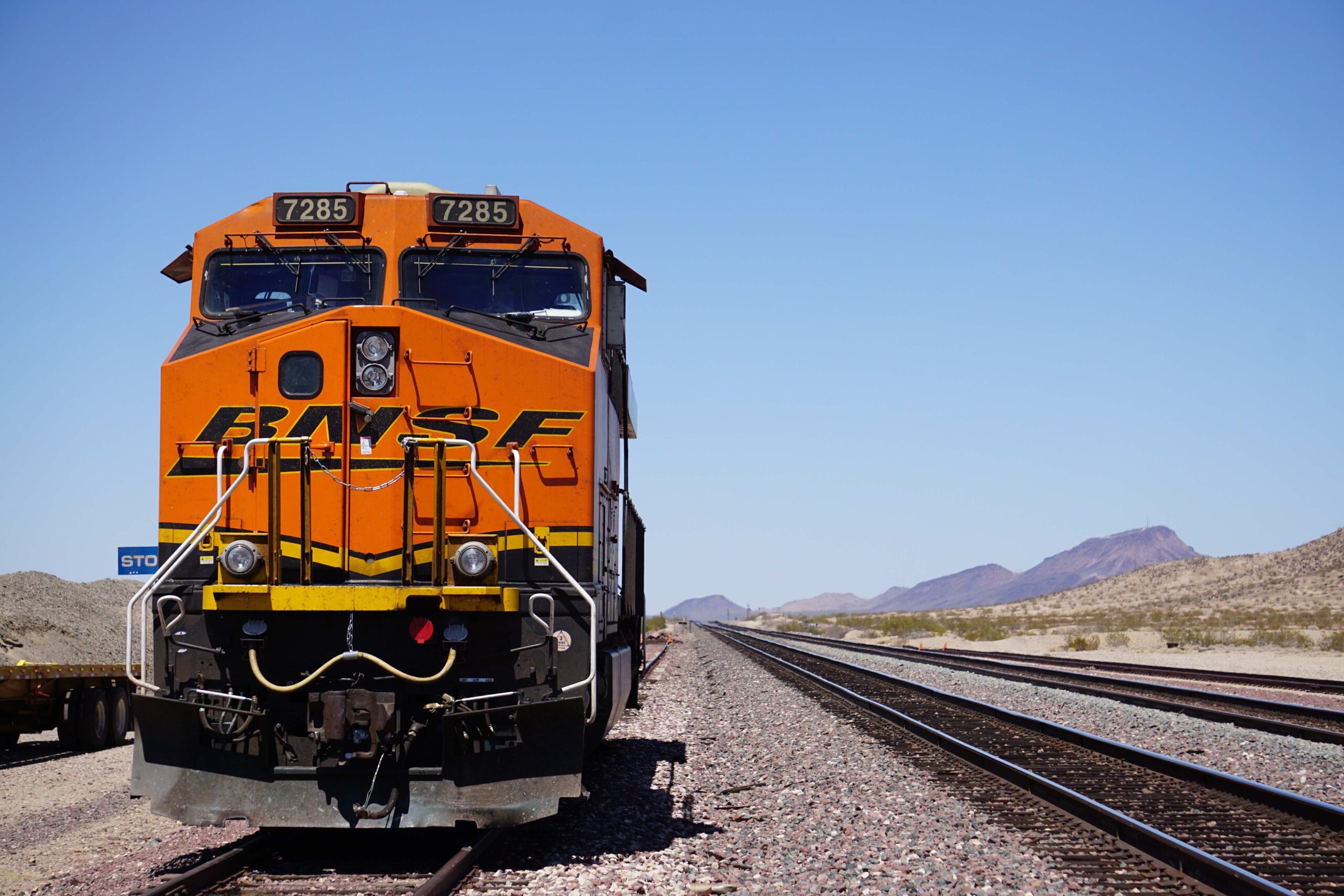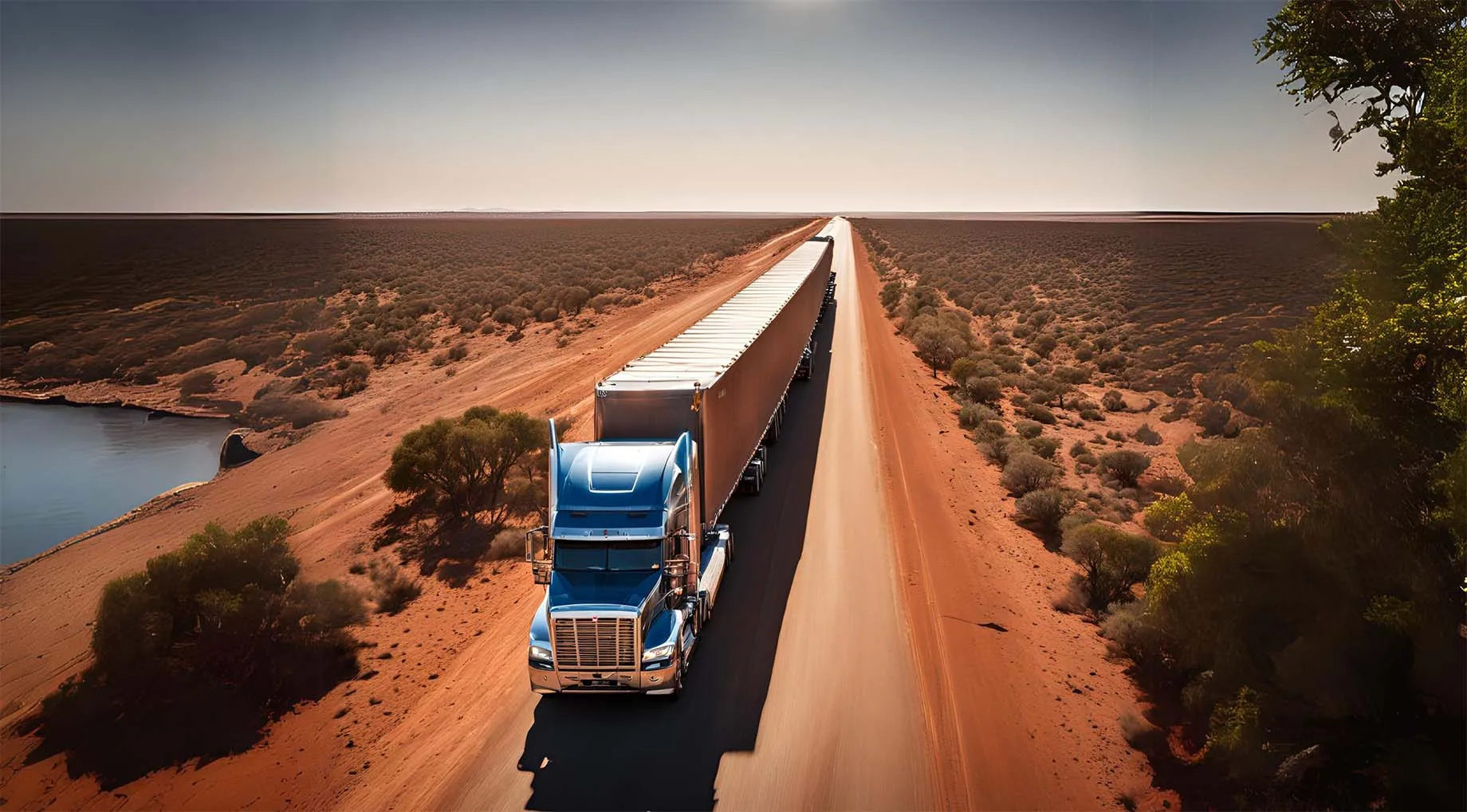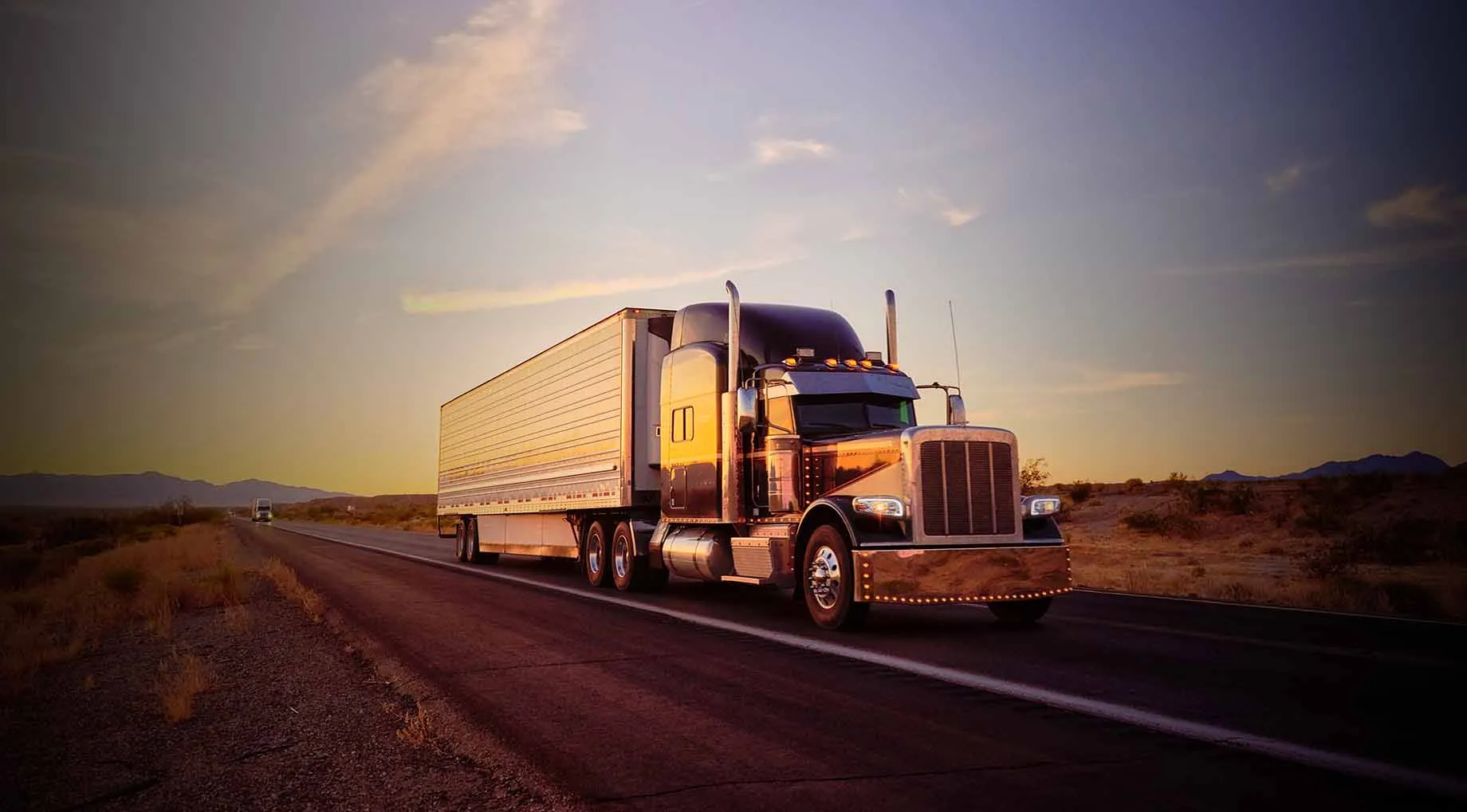At a glance
- Handle the heaviest loads for accuracy, safety, and performance.
- Accuracy: Match industry precision standards vital in pharmaceuticals and food production.
- Resilience: Choose a scale resistant to environmental challenges for consistent, long-term measurements.
- • Tailor to industry needs (raw materials, finished products, or transit goods).
Investing in vehicle weighing scales is a significant decision for businesses, especially those operating in the mining, transport, and logistics industries. Vehicle weighing scales, commonly known as weighbridges, stand as robust and precise assets crucial for obtaining accurate weight measurements of vehicles. These instruments not only contribute to workplace safety but also play a pivotal role in cost reduction and operational efficiency improvement.
Recognising the substantial investment required for the acquisition of vehicle weighing scales, it becomes imperative for businesses to delve into a comprehensive understanding of the equipment and explore the diverse options available. As businesses navigate this crucial decision-making process, a thorough consideration of key factors will pave the way for optimal benefits and long-term value.
If you are looking for a new weighbridge or a replacement, then here are a few things to consider:
Application and Usage
The specific purpose of the weighing scale is crucial. Industries have unique requirements, whether it’s measuring raw materials, finished products, or goods in transit. Understanding the primary application helps in selecting a weighing scale tailored to meet the specific needs of the industry.
Weight Capacity
Determining the maximum weight the scale needs to handle is vital. Industrial weighing scales come in various capacities. Choosing a scale capable of accommodating the heaviest loads expected ensures accurate measurements without compromising safety or performance.
Accuracy Requirements
Different industries demand varying levels of accuracy. Precision is crucial in sectors like pharmaceuticals or food production, where small variations matter. Assessing the required level of accuracy ensures that the chosen scale aligns with the industry’s standards and operational needs.
Environment
The environmental conditions impact scale performance and longevity. Factors such as temperature, humidity, dust, chemicals, or corrosive materials can affect accuracy and durability. Selecting a scale designed to withstand specific environmental challenges ensures reliable and consistent measurements.
Material and Construction
The construction material is a critical factor. Stainless steel is often preferred for its durability, corrosion resistance, and ease of cleaning. Industries like food processing benefit from materials that meet stringent hygiene standards, ensuring the longevity of the scale.
Scale Type
Choosing the right scale type is essential. Options include floor scales, platform scales, or crane scales. Selection depends on specific needs and available space, optimising efficiency and ease of use in the intended environment.
Legal Compliance
Adhering to local and international standards and regulations is non-negotiable. Different industries may have specific legal requirements for weights and measurements. Ensuring the scale complies with these standards is crucial to avoid legal complications.
Calibration and Maintenance
Regular calibration is essential for accurate measurements. Understanding the ease of calibration and maintenance procedures is vital. A scale with user-friendly calibration processes contributes to consistent performance and reduces downtime.
Data Handling and Connectivity
Consider whether data logging, connectivity to other systems, or software integration is necessary. Advanced features like data transfer capabilities and compatibility with industrial automation systems enhance efficiency in data management and analysis.
Budget
Establishing a budget is important. While seeking a reliable and accurate weighing scale, it’s crucial to balance quality with cost considerations. This ensures that the chosen scale aligns with financial constraints without compromising on essential features.
Supplier Reputation and Support: Why Choose Trakblaze Scales?
Choosing a reputable supplier is paramount. A supplier with a history of providing reliable industrial weighing equipment ensures product quality. Consideration of customer support, warranty, and after-sales services contributes to a smooth and reliable long-term partnership.
While many factors come into play when selecting a weighbridge, these are some of the basics to consider before investing in a weighbridge. It is highly recommended to get an expert opinion as well from a professional and well-known manufacturer such as Trakblaze. With over 90 years of experience in weighing systems, they are one of the largest suppliers of weighbridges. They have already helped thousands of businesses choose and purchase the right weighbridge for their business.
In conclusion, investing in industrial weighing scales, particularly vehicle weighbridges, demands careful consideration of various factors to ensure optimal performance, accuracy, and long-term value. As businesses in mining, transport, railway and logistics strive for efficiency and safety, choosing the right weighing scale is a pivotal decision. From understanding the specific application and weight capacity to considering accuracy requirements, environmental conditions, construction materials, and legal compliance, each factor plays a crucial role in the selection process.





